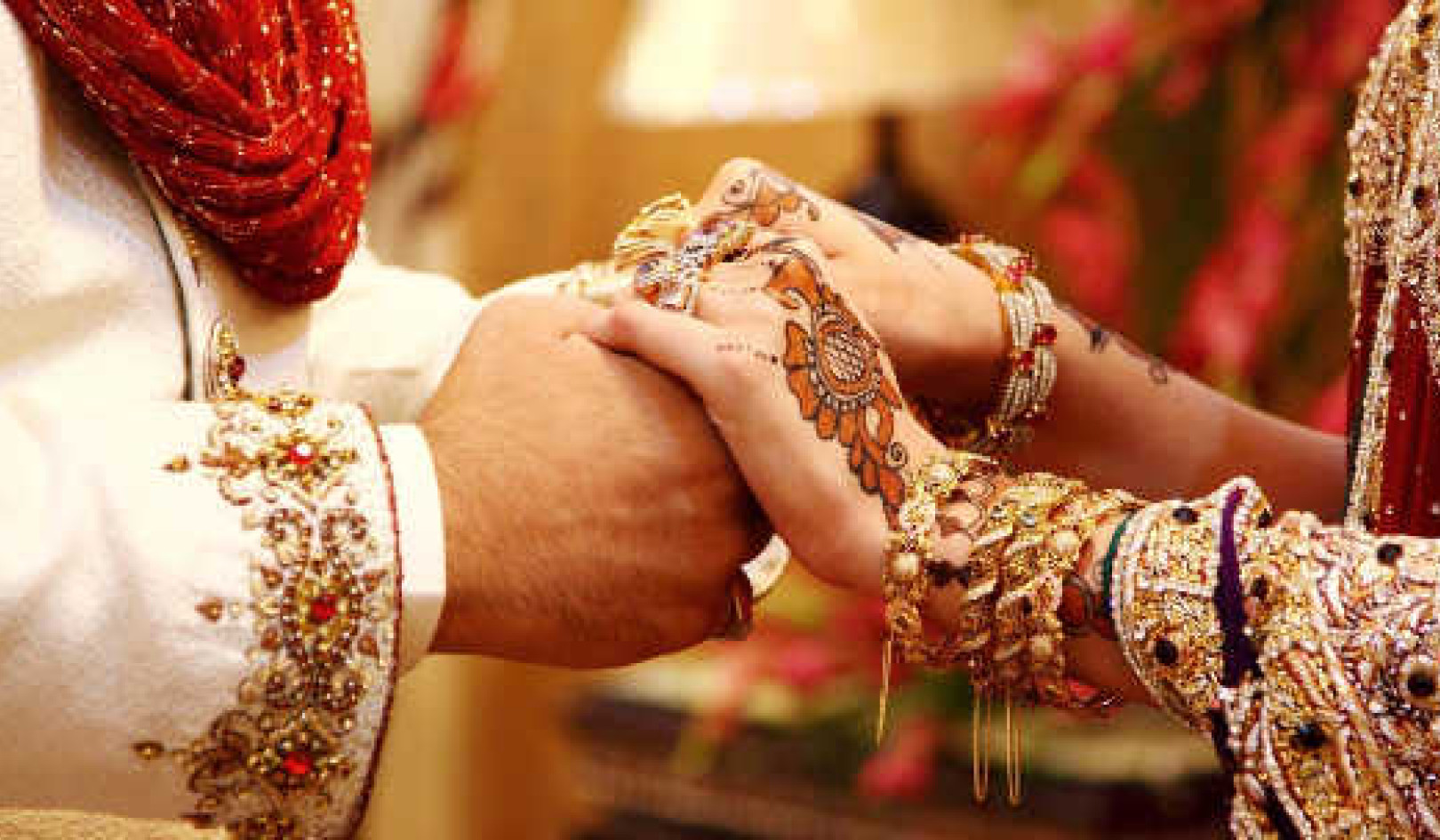
Beneath most fights is an attempt to get the other to respond to your emotional reality and sense of justice.
An average couple will have between 30 to 50 significant arguments a year, “significant” meaning an encounter that departs sharply from norms of civil dialogue, would be uncomfortable to film and show friends, and might involve screaming, rolled eyes, histrionic accusations, and slammed doors.
Given the intensity of the distress that arguments cause us, we could expect modern societies to have learned to devote a great deal of attention and resources to understanding why they happen and how we might more effectively defuse or untangle them. We might expect there to be school and college courses on how to manage arguments successfully and official targets for reducing their incidence.
But there are some strong reasons for our collective neglect. The first is that our culture, strongly shaped by the philosophy and cultural movement of Romanticism, sentimentally implies that there might be a necessary connection between true passion and a fiery temper. It can seem as if fighting and hurling insults might be signs, not of immaturity and a woeful incapacity for self-control, but of an admirable intensity of desire and strength of commitment.
Romanticism also conspires to suggest that arguments might be part of the natural weather of relationships and could never therefore be fairly analyzed through reason or dismantled with logic. Only a pedant would seek to think through an argument, as opposed to letting it run its sometimes troubling and rowdy but ultimately always necessary course.
At a more intimate level, it may be that we cannot quite face what arguments show us about ourselves, presenting an unbearable insult to our self-love. Once the argument is over, the viciousness, self-pity, and pettiness on display are repulsive to think about and so we artfully pretend to ourselves and our partner that what happened last night must have been a peculiar aberration, best passed over in silence from the calmer perspective of dawn.
We are further stymied in our investigations because there is so little public evidence that a version of what occurs in our union might unfold in everyone else’s as well. Out of shame and a desire to seem normal, we collectively shield each other from the reality of relationships—and then imagine that our behavior must be uniquely savage and childish and therefore incapable of redemption or analysis. We miss out on a chance to improve because we take ourselves to be the mad exceptions.
None of this needs to be the case. We argue badly and regularly principally because we lack an education in how to teach others who we are. Beneath the surface of almost every argument lies a forlorn attempt by two people to get the other to see, acknowledge, and respond to their emotional reality and sense of justice. Beyond the invective is a longing that our partner should witness, understand, and endorse some crucial element of our own experience.
A bad argument is a failed endeavor to communicate, which perversely renders the underlying message we seek to convey ever less visible. It is our very desperation that undermines us and ushers in the unreasonableness that prevents whatever point we lay claim to from making its way across. We argue in an ugly way because, in our times of distress, we lose access to all better methods of explaining our fears, frustrated hopes, needs, concerns, excitements, and convictions. And we do this principally because we are so scared that we may have ruined our lives by being in a relationship with someone who cannot fathom the inner movements of our souls. We would do things so much better if only we cared a little less.
Some of the reason why we argue so much and so repetitively is that we aren’t guided to spot the similarities that run through our arguments.
We don’t, therefore, end up in bitter arguments because we are fundamentally brutish or resolutely demented, but because we are at once so invested and yet so incapable. It is the untutored force of our wish to communicate that impedes our steady ability to do so.
And yet, though arguments may be destructive, avoiding points of conflict isn’t straightforwardly the answer either. An argument is about something, so its content needs eventually to be faced up to if a relationship is to survive. The priority is not so much to skirt points of contention as to learn to handle them in less counterproductively vindictive and more gently strategic ways.
Some of the reason why we argue so much and so repetitively is that we aren’t guided to spot the similarities that run through our arguments; we do not have to hand an easy typology of squabbles that could be to domestic conflict what an encyclopedia of birds is to an ornithologist.
Though fights can from the outside look generic, with similar displays of agitation and aggression, we should come to recognize the very distinct kinds of arguments in operation. By examining them in turn, we may gradually assemble an understanding of some of the obstacles we face, and greet moments of dissent with a little less surprise and rather more tolerance and humorous recognition. We will be reminded once more that love is a skill, not an emotion.
About The Author
Edited excerpt from The School of Life: An Emotional Education, introduced by Alain de Botton, The School of Life Press. © The School of Life, publication September 2019.
This article originally appeared on YES! Magazine

Related Books:
The Five Love Languages: The Secret to Love That Lasts
by Gary Chapman
This book explores the concept of "love languages," or the ways in which individuals give and receive love, and offers advice for building strong relationships based on mutual understanding and respect.
Click for more info or to order
The Seven Principles for Making Marriage Work: A Practical Guide from the Country's Foremost Relationship Expert
by John M. Gottman and Nan Silver
The authors, leading relationship experts, offer advice for building a successful marriage based on research and practice, including tips for communication, conflict resolution, and emotional connection.
Click for more info or to order
Come as You Are: The Surprising New Science that Will Transform Your Sex Life
by Emily Nagoski
This book explores the science of sexual desire and offers insights and strategies for enhancing sexual pleasure and connection in relationships.
Click for more info or to order
Attached: The New Science of Adult Attachment and How It Can Help You Find—and Keep—Love
by Amir Levine and Rachel Heller
This book explores the science of adult attachment and offers insights and strategies for building healthy and fulfilling relationships.
Click for more info or to order
The Relationship Cure: A 5 Step Guide to Strengthening Your Marriage, Family, and Friendships
by John M. Gottman
The author, a leading relationship expert, offers a 5-step guide for building stronger and more meaningful relationships with loved ones, based on principles of emotional connection and empathy.
























